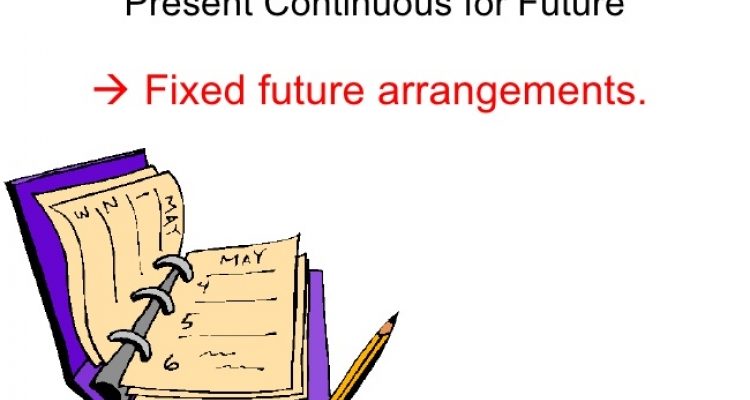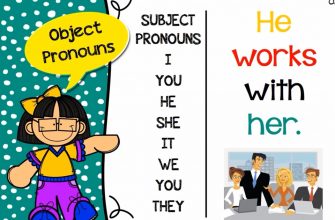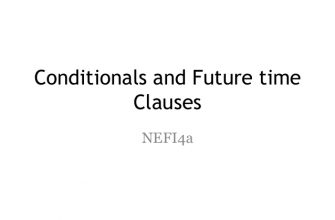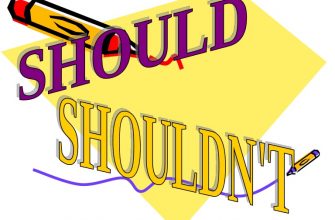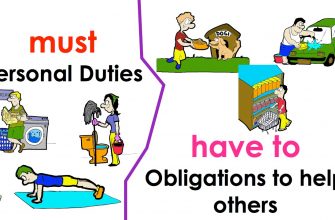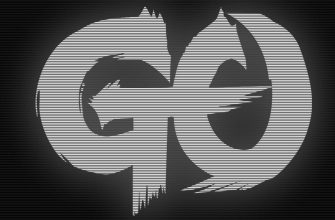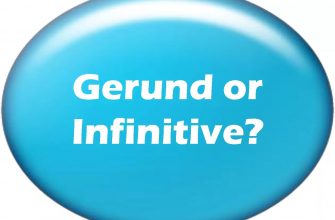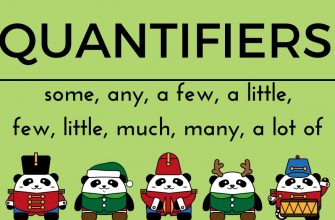Present continuous (future arrangements)
We often use the present continuous to talk about the future, especially about future plans when we have decided a time and a place with other people. We normally use a future time expression, e.g. tomorrow, next week, at 7, etc.
- I’m meeting Sally at 7. (=I have talked to her and we have arranged to meet.)
- I’m flying to New York tomorrow morning. (=I have the ticket.)
- We’re getting married next July. (=We have decided it and we have probably already made reservations for the restaurant, etc.)
The present continuous for future arrangements is very common with verbs of travelling, and when we are meeting people.
- I’m leaving very early tomorrow. I’m taking the 7.30 train.
- I’m playing golf with Jack next Saturday. Would you like to come?
- I’m seeing the dentist after class.
Present continuous vs be going to
We can normally use the present continuous or be going to to talk about future plans.
- I’m leaving very early tomorrow.
- I’m going to leave very early tomorrow.
But we prefer using the present continuous when we have made arrangements (i.e. decided a place an time with somebody else). When use be going to, we put the emphasis on our intention to do something.
- I’m going to study for the exams tomorrow. (=it’s my intention)
- I’m leaving at 8 tomorrow. (=it’s an arrangement)
- ‘Your car is dirty.’ ‘I know. I’m going to wash it tomorrow.’ (=it’s my intention, but I haven’t arranged to do it)
will for decisions
Use will for decisions that you take at the moment of speaking (instant decisions).
- ‘Oh, we don’t have sugar.’ ‘Don’t worry, I’ll buy some.’
be going to or will for predictions
We use be going to or will (NOT present continuous) to make predictions about the future.
- I think he’ll win the election.
- The doctor said I’m going to have a girl.
